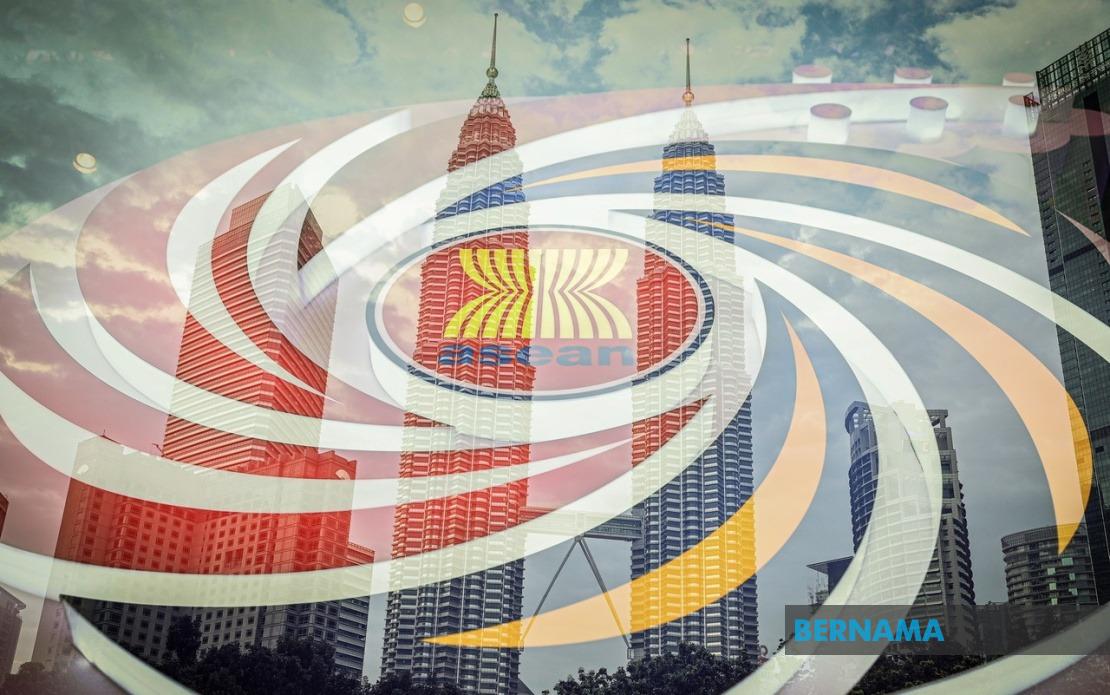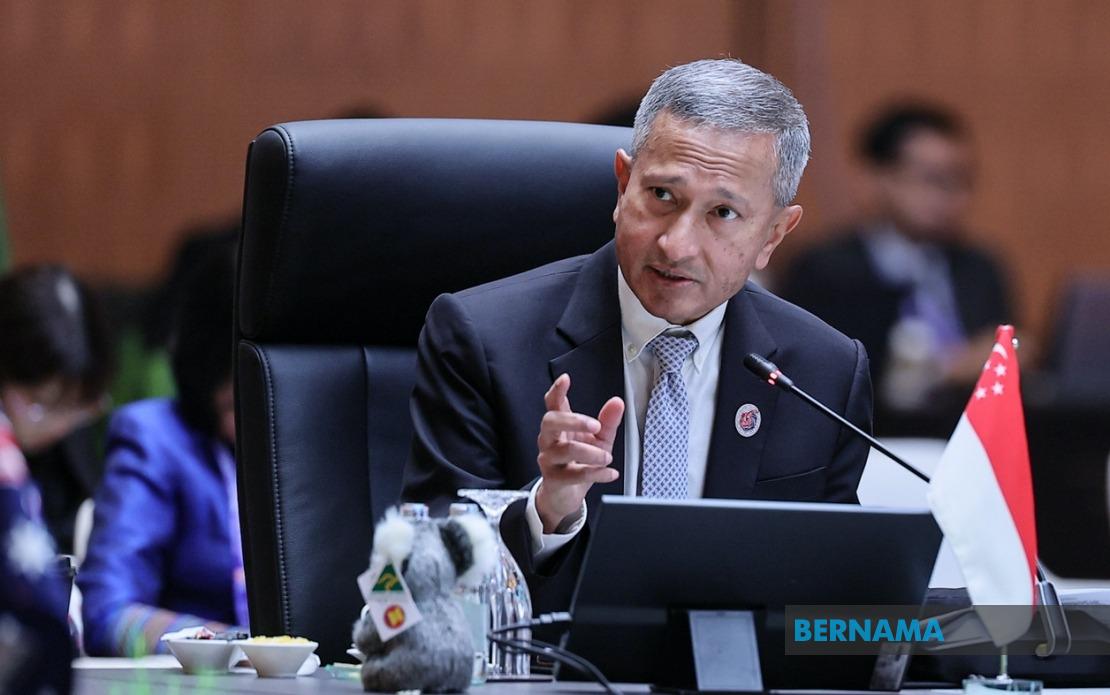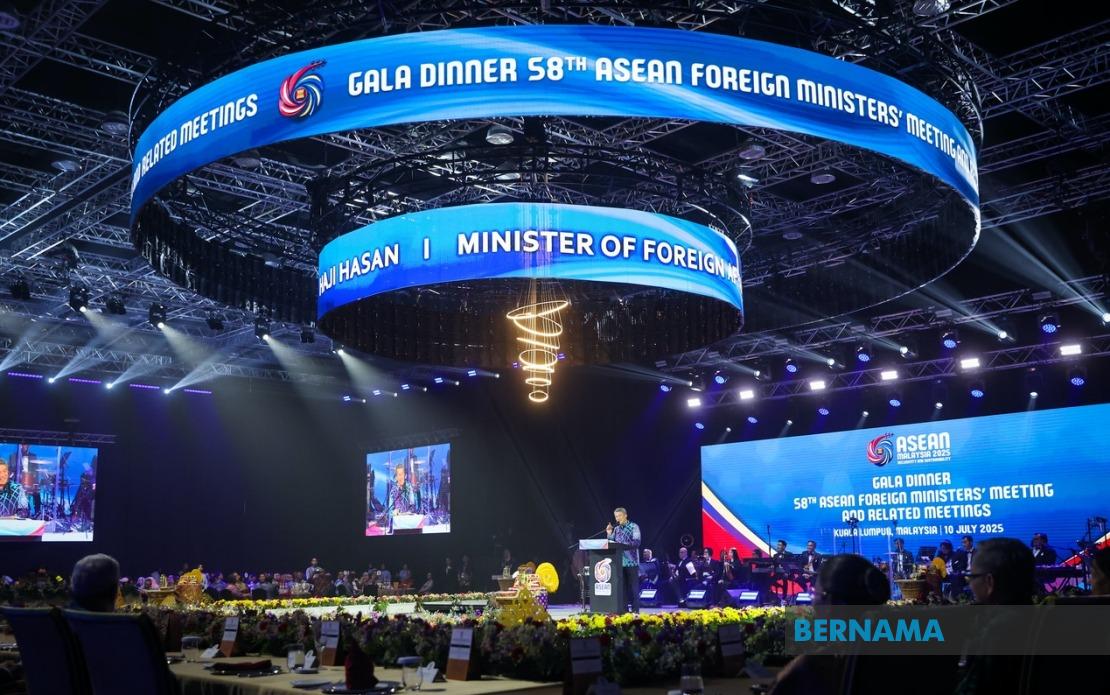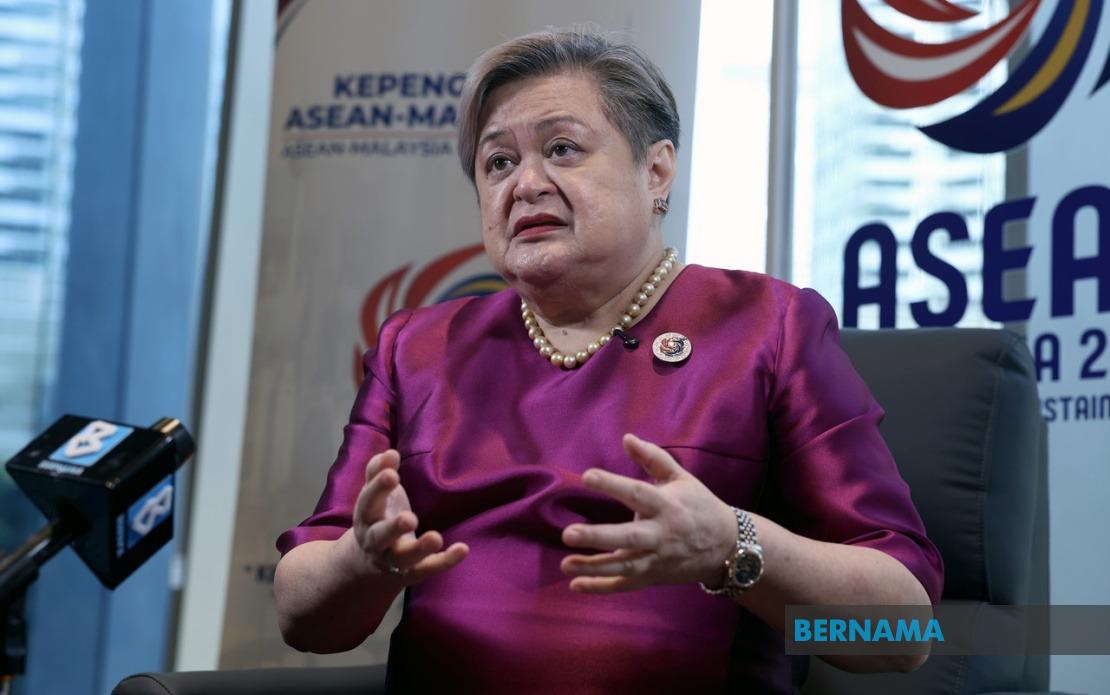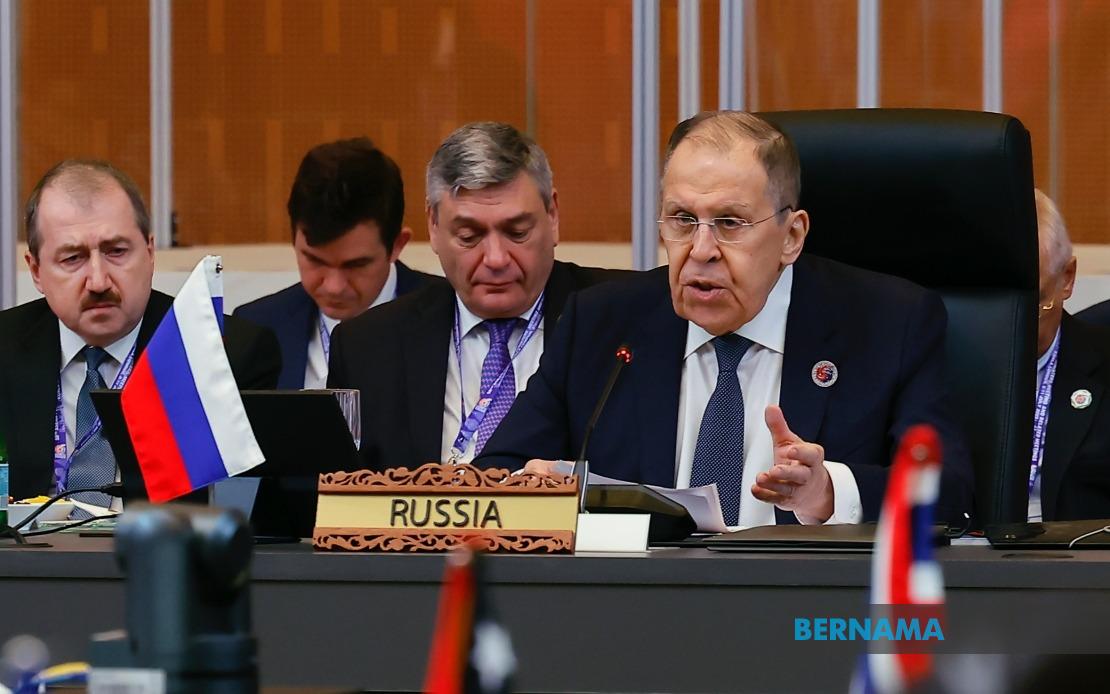US EXPLORES PEACE PATH IN UKRAINE, DEEPENS INDO-PACIFIC TIES - RUBIO
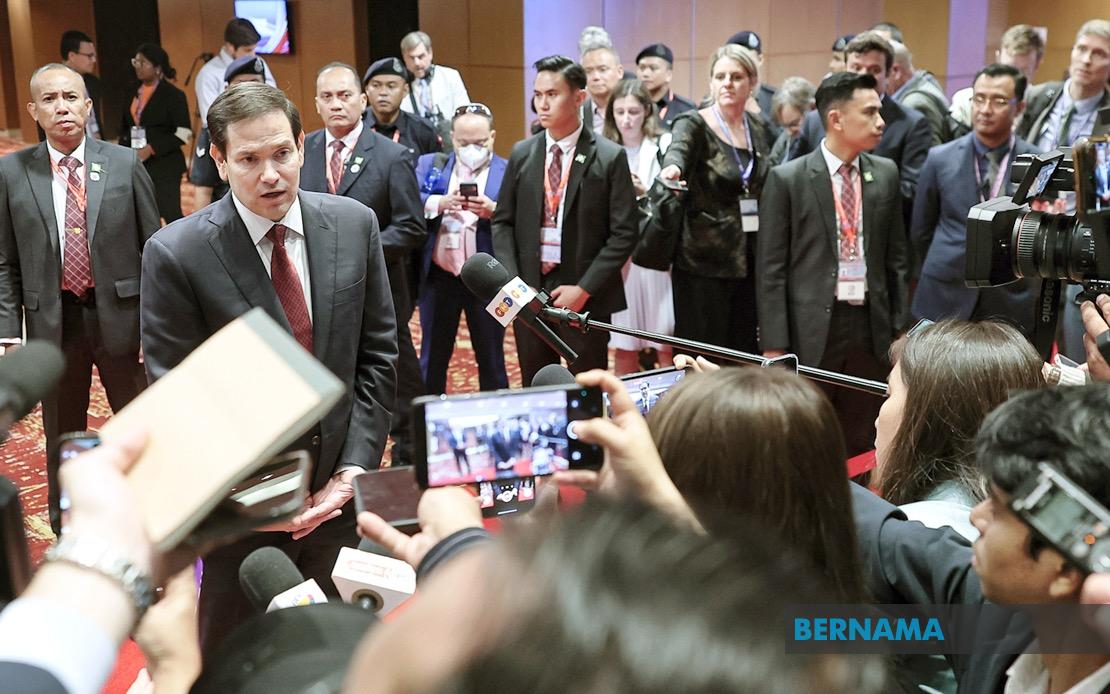
KUALA LUMPUR, July 10 (Bernama) -- Secretary of State Marco Rubio said the United States (US) continues to explore pathways to peace in Ukraine through constructive engagement with Russia.
He said President Donald Trump, frustrated over the prolonged conflict in Ukraine, is committed to ending wars, viewing them as costly, bloody and ultimately a waste of lives and time.
Therefore, he said the US will continue to engage in every productive way possible to help bring the ongoing war to an end.
“(Russian Foreign Minister) Sergey Lavrov presented a new concept, not necessarily a new approach on Ukraine, which I will take back to the President. It does not automatically lead to peace, but could potentially open the door to a path,” he told reporters on Thursday.
Earlier, Rubio met Lavrov on the sidelines of the 58th ASEAN Foreign Ministers’ Meeting (AMM) and related meetings here.
He described the meeting as “productive, constructive, and frank”.
Meanwhile, Rubio said that the US is committed to deepening strategic and economic partnerships in the Indo-Pacific, particularly in Southeast Asia.
He described the recent trilateral meeting with Japan and the Philippines as “excellent”, reaffirming strong cooperation on maritime security, territorial integrity and economic corridor development.
“We work very closely with Japan and the Philippines and continue to build upon that partnership. We also look forward to hosting the President of the Philippines in Washington in a few days,” he said.
Highlighting the region’s importance, Rubio said over 6,000 American companies have invested in Southeast Asia, calling it “the youngest part of the world demographically” with enormous growth potential.
“The history of the 21st century will be written in the Indo-Pacific, especially Southeast Asia. We’ve spent decades building these relationships and we’re not walking away - in fact, we’re looking to expand them,” he added.
-- BERNAMA
